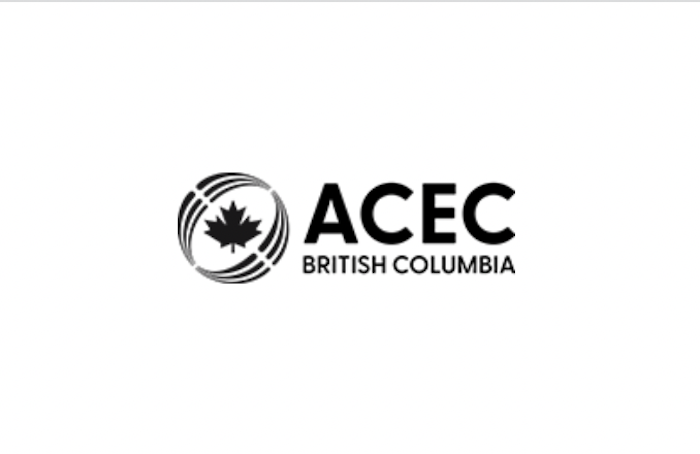
B.C. introduces standard government contracts for consulting engineers
January 24, 2024
By CCE
The Association of Consulting Engineering Companies – British Columbia (ACEC-BC), the Architectural Institute of British Columbia (AIBC) and their province’s government have announced the release of new standard contracts for architectural and engineering design assignments.
Based on national standard form agreements, the contracts are expected to support fairness, transparency and efficiency for consulting engineers, architects and government. The use of standard contracts aligns with the province’s procurement strategy to make it easier for organizations to do business with government.
“The release of standard form contracts is a significant outcome for design consulting firms of all sizes,” says ACEC-BC’s president and CEO, Caroline Andrewes, P.Eng. “Contract review and negotiation can be disruptive and lead to project delays. Use of standard forms of agreement supports trust, efficiency and transparency for all project partners.”
Specifically, the new standard engineering agreement is based on Canadian Construction Documents Committee (CCDC) 31 2020, Service Contract Between Owner and Consultant. Where appropriate, it supplemental conditions align with the new standard architectural agreement, which is based on Royal Architectural Institute of Canada (RAIC) Doc 6 2022.
The release follows a process that began in 2018, when the British Columbia deputy ministers’ industry infrastructure forum (DMIIF) formed a subcommittee to develop the standards. This subcommittee was led by the ministry of finance and represented the ministry of citizens’ services, BC Housing, ACEC-BC, AIBC and the British Columbia Construction Association (BCCA).
Industry, regulatory and public representatives on the subcommittee reviewed the documents to ensure a commitment to protect the public. The documents were also reviewed by the provincial legal services and risk management branches before ratification by the DMIIF.
“The effort of all members on the subcommittee was significant and we are very proud to deliver this work with exceptional partners,” says Andrewes.
“These new supplementary conditions are tailored to the specific requirements of the province and will increase efficiency and streamline the consultant procurement process, while still upholding transparency and fairness for all parties involved,” says Maura Gatensby, AIBC lead practice advisor and regulatory liaison.
The agreements have been approved for use by all provincial ministries and agencies—including BC Housing, health authorities and school boards—that directly engage consulting engineers or architects.
“We salute this initiative and see it as a clear indication we may expect similar endorsement of collaborative standardized supplementary conditions for construction contracts in the near future,” says BCCA president Chris Atchison.
Agreements already in place will continue under their existing terms, but all new assignments undertaken after Feb. 1 should use the new agreements. To assist in the transition, consulting engineering firms are encouraged to request the new agreements if another form of contract is provided after the release date.
